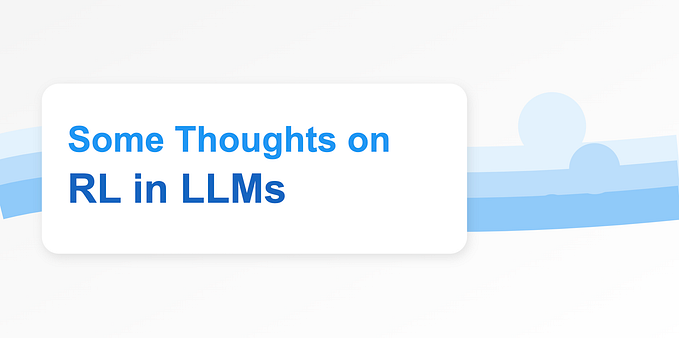Consciousness is a consensus mechanism

Why must it feel like something?
So many theories of consciousness dash up against this question with nothing to offer. As David Chalmers put it, “Why should physical processing give rise to a rich inner life at all?”
It wasn’t until recently, a good two years after we finished Journey of the Mind, that it struck me this was a very Clintonesque phrasing. Feelings were had. In that unconscious subterfuge lies the answer.
Feelings were had. By whom?!
And that aha moment led me to realize how the Hard Problem of Consciousness dissolves completely with the right perspective, but also why the right vantage point for us to have that perspective is cognitively impossible to arrive at. It’s an intentional blind spot.
So here’s what I will claim is the simplest explanation of consciousness, which also explains why no one other than Stephen Grossberg was able to summit it first. And because I want this to be as logically clear as possible, I am going to make it a bullet-point sequence. You should not have to trust me that one follows from the other. You should be able to see it is self-evident.
- Consciousness is a consensus mechanism.
- To understand why it feels like something (why is pain painful?), we must also understand who is feeling it.
- That is, who is the “I” that asks why “it” feels like something.
- Every other theory fails because it only attempts one half of the question: The “it” but not the “I”.
- To understand how the “I” is built, we must have a robust, computational, biologically plausible energetically efficient, and unified model of perception, learning, decision-making and more — all the very things dismissed as “Easy Problems.”
- And then, finally, you understand that the I and the It emerge together. The feeling is fleeting, but with each one, the I is fleshed out further.
- You are a constellation of past experiences, experiencing the present, assimilating it to act and prepare for future opportunities, creating the new You.
- Consciousness is the consensus mechanism through which this constellation creates the next experience, which then becomes a part of the constellation.
- You feel, because it is only through this feeling that you emerge.
That is it. That’s the explanation. And it has escaped so many for centuries because it is impossible to understand or feel that you emerge. You are an illusion stitched together by the chorus of a vast constellation of experiences. You can only emerge if there is a chorus and not just noise or computation. You are thirty-seven trillion cells cohering as one entity.
To answer why we seem special and unique in having this feeling, we must be able to penetrate this illusion. But it is the fundamental illusion. The one that literally stitches us together. We cannot do it cognitively or emotionally; we can only see it through the lens of computation and understand, if not agree.
Why must it feel like something?
Because if you have to send one unifying message to a metropolis that’s thirty-seven trillion cells large and do it in a manner that is biologically cheap (message sending needs energy), you need to find a way to create a chorus from (energetically) cheap whispers. In physics, that’s resonance. It’s when tiny vibrations cohere into a large and loud one. Unsurprisingly, consciousness is a resonance mechanism too. Because it needs to be biologically cheap. And that’s another thing Stephen Grossberg figured out and no one else did, because all the theorists usually think the computational details are too trivial. They are fundamental to understanding consciousness! That’s how we metabolize miracles from mere molecules.
There’s the other important fact that experience creates information. Without it, there is only data. For data to become information, you need perspective. It is this loop that creates both the experience and the perspective. The It and the I.
I can believe it took us so long to understand it.
— — — — — — — —
Consciousness is the constellation of your past experiences transforming reality into your next experience.
The self that we are aware of is just this constellation of experiences aggregated since birth
I am a neuroscientist by training, and the co-author of a book where we lay out in detail what we think is the best explanation and model for consciousness, by one of the greatest neuroscientists you have never heard of. Oh, and Journey of the Mind was recently at #1 on Amazon (neuroscience). The emerging consensus clearly is that there’s some merit :)
One reader called it the most fascinating read of their life.









